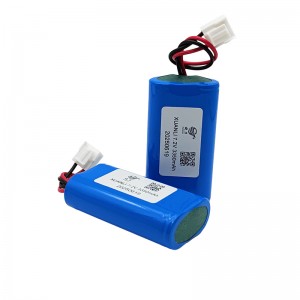High-temperature static time affects the initial efficiency of lithium batteries, mainly because it affects electrolyte wetting, electrode material stability, binder performance, and SEI film formation, as follows:

01.Electrolyte decomposition: Prolonged exposure to high temperatures may cause the decomposition of organic solvents in the electrolyte, generating gases such as CO, CO₂, and CH₄, which can increase internal battery pressure, damage the internal structure of the battery, and thereby affect the battery's initial efficiency.
02.Changes in electrode material structure: High temperatures may cause the lattice structure of cathode materials such as ternary materials and lithium cobalt oxide to collapse or undergo phase transitions, blocking lithium ion insertion and extraction channels, reducing battery capacity, and ultimately affecting initial efficiency.
03.Decline in binder performance: Binders such as PVDF may undergo chain scission or swelling at high temperatures, reducing the stability of the electrode structure, causing active material to fall off, thereby affecting the electrochemical performance of the battery and reducing its initial efficiency.
04.SEI film quality is affected: Prolonged high-temperature static time accelerates side reactions between the negative electrode and the electrolyte, consuming more lithium ions, resulting in poor SEI film formation quality, increasing lithium ion migration impedance, and thereby reducing the battery's initial efficiency.
Post time: Aug-19-2025